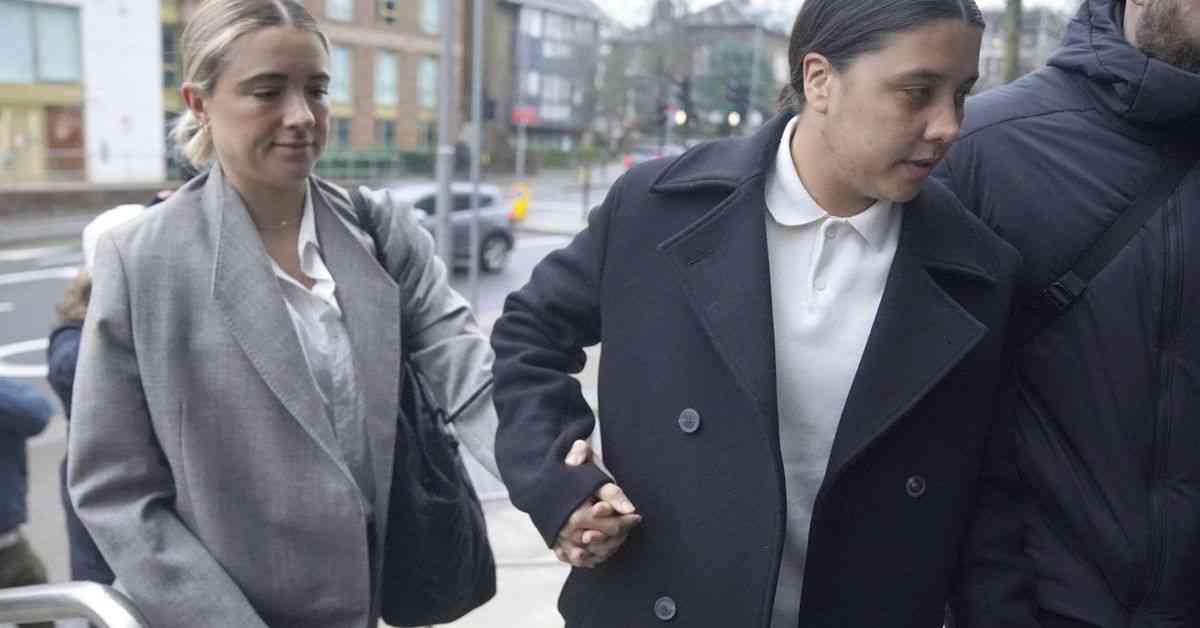The jury has retired to deliberate on the case of Sam Kerr in London. The Australian women’s soccer star awaits the verdict that could impact her reputation, captaincy of the Matildas, and even her liberty. Kerr was in court to hear her defense counsel argue for her acquittal, followed by the judge’s final remarks.
In the midst of a high-profile trial, Kerr, accompanied by her family and fiancée, faces allegations of causing harassment, alarm, and distress to a police constable during an altercation at a police station. The incident unfolded after a tumultuous taxi ride, during which Kerr and her partner believed they were in danger, leading to a confrontation with law enforcement.
As the defense presents its case, Grace Forbes emphasizes the need for the prosecution to prove all aspects of the public order charge beyond a reasonable doubt. The defense highlights the context of the events, focusing on the power dynamics at play and Kerr’s perceived unfair treatment by the police.
Forbes raises questions about the officer’s delayed distress claims, suggesting a potential bias based on Kerr’s celebrity status. She challenges the narrative surrounding Kerr’s actions, pointing out the complexities of the situation and the underlying issues of power and privilege.
The defense attorney delves into Kerr’s personal experiences with racism and prejudice, shedding light on how these factors may have influenced her interactions with law enforcement. By humanizing Kerr’s perspective, Forbes encourages the jury to consider the broader implications of the case beyond the immediate allegations.
Throughout the trial, Kerr’s demeanor and actions are scrutinized, with Forbes acknowledging her client’s missteps while advocating for a fair assessment of the circumstances. The defense paints a nuanced picture of Kerr, highlighting her vulnerabilities and the complexities of the situation she found herself in.
As the jury deliberates, the outcome of the case remains uncertain, with Kerr’s fate hanging in the balance. The trial has sparked discussions around race, power dynamics, and the criminal justice system, prompting reflections on how individuals are treated based on their background and status.
In the court of public opinion, Kerr’s trial has raised important questions about accountability, privilege, and the role of law enforcement in society. Regardless of the verdict, the case serves as a reminder of the complexities of human interactions and the need for empathy and understanding in navigating challenging situations.
As the jury reaches a decision, Kerr and her supporters await the outcome with bated breath, hoping for a fair and just resolution to a case that has captured the attention of sports fans and legal observers alike. The verdict will not only impact Kerr’s future but also shine a light on broader issues of justice and equality in society.





